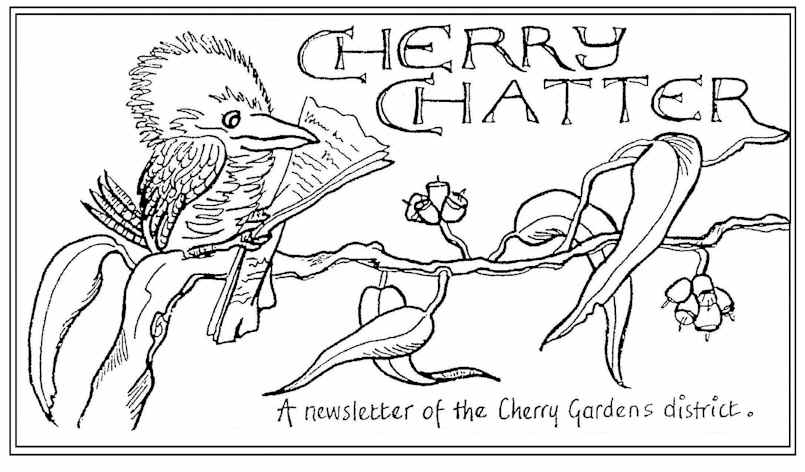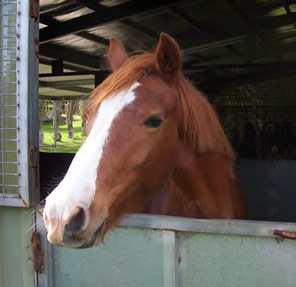Over the stable door
Greetings Fellow Equines and Horse Owners!
Last month we looked at taking care of grazing areas, the outside of the horse and his rugs. The inside of the horse also needs taking care of!
Assuming that pasture and feed is under control; let’s look inside the horses’ mouth. Tests have shown that a horse can make as many as 40,000 chews per day, and he has evolved to do just that. The horse basically has 6 lots of teeth in sets of 6, making a minimum of 36 teeth. So, in the front top and bottom there are 2 lots of 6 – the incisors. These top and bottom teeth are used for cutting the grass off to get into the mouth. On either side top and bottom are the molars. These are used for grinding the grass/hay ready for digesting. The molars act in a sideways action as they grind. However, the top jaw is wider than the bottom jaw and the sideways action doesn’t always include the complete surface of its opposing partner. Over time, if not looked at professionally, hooks can develop on the outside of the upper molars and on the inside of the lower molars. What can happen then is that those hooks will gouge into the flesh on the inside of the cheek. In severe cases, these holes become filled with rotting food, becoming septic, causing pain and even death (I kid ye not!). Signs that all may not be well noted include difficulty eating, quidding (dropping bits of food), bad breath, bridling problems, resistance, problems in turning and even shutting down (not being his usual bright self).
Young horses up to around the age of 5 or 6 have baby teeth which are eventually replaced by an adult set, so it is recommended that teeth are checked at least every 6 months. After that and depending on the horse itself, teeth can be done on a yearly basis.
Nowadays we are lucky enough to have veterinary professionals who specialise in dentition. They generally operate with a mobile crush and lightly sedate the horse so that a thorough job can be done. Yes, it does cost, but it is worth it for a thorough job. One of my paddock mates and two of my friends have had experiences of teeth not being done professionally, with uncomfortable to very serious consequences. One was young and developed difficulty turning. This was easily remedied. The next had to have his left ear ‘twitched’ as the ‘dentist’ couldn’t reach the back teeth. The result was a horse that refused to be bridled or have his ears touched. Incidentally the back teeth never got done by this person. Again, this was remedied by a professional and he has recovered. The other two were in potentially life-threatening situations that could have been due to lack of knowledge or neglect. Both had been in constant pain over a period of years and in both cases it has taken months to get these horses back to good health. Finally, if you are looking at purchasing a horse, do make sure that the vet check includes a good look at the teeth, regardless of when they were last done. It may be cost a bit extra at the time but could save many dollars and a lot of heart ache in the long term. Your horses cannot speak, and they do not always show pain (not obviously anyway), so be on the lookout for changes in behaviour or changes from the norm and follow it up.
Good health to your horses and enjoy your riding!
Hamish

